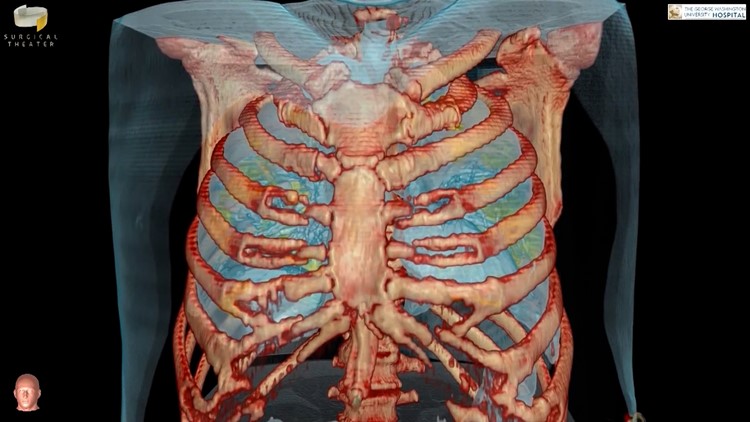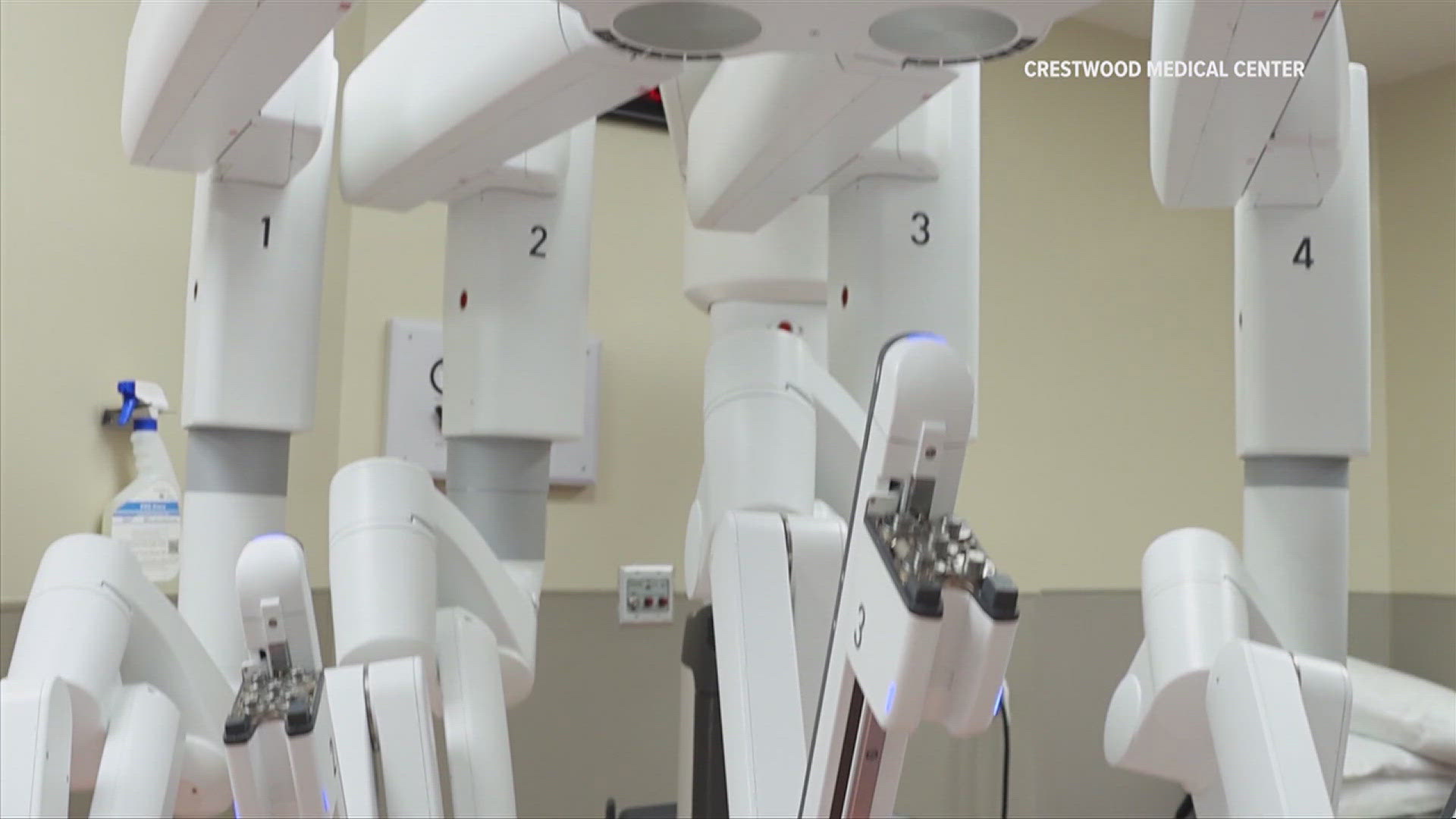HUNTSVILLE, Ala. — Doctors have recorded patients having long-lasting effects even after they get over COVID. Some of those symptoms are headaches, sinus issues, fatigue and loss of taste, but there may be long-lasting symptoms that effect important organs in the body, such as the lungs and the heart.
"In the lungs specifically, shortness of breath is the big thing, cough would be number two, and then it all depends on what your degree of COVID is. I mean if you're the person who has COVID and went home, it's gonna be different than the COVID guy that got admitted to the hospital, which is gonna be tremendously different than the person that spent time on a ventilator," said Dr. Jason Smith, a Pulmonary Critical Care Physician at Huntsville Hospital.
On the other hand, there are possible long-lasting symptoms of the heart as well.
"With the heart, going back to the Big Ten, their big concern was myocarditis, which is inflammation, so, the hearts a muscle, right? So, it's inflammation of the heart wall, so, again, by itself, if you're just, you know, hanging out, like me, it's not that big of a deal, but if I'm an athlete and I gotta have demand, I could hurt myself to where I could die," said Smith.
For people who aren't doing as much physical activity, there are still risks.
"You can get what they call an arrhythmia, when you're hearts not in a rhythm, or you know, your hearts fast," said Smith.
So, what can someone do, who has COVID, and is battling the sickness from home, to possibly avoid these symptoms ?
"If I get COVID, the first thing I'm gonna do is buy a pulse oximeter, and I'm gonna check my oxygen levels. Most of us should be above 92 percent, and I'll accept, in a COVID patient, anything above 90. Now, if I've got COVID and I see that when I walk or when I'm moving, I'm getting into the 80's, then that should start triggering, okay, this is gonna be a little bit more than, I've got a little bug," said Smith.
If your oxygen levels drop to the 80's keep an eye on it. If it's consistent or gets worse, it may be time to go to the hospital.
How you rest can also help relieve your symptoms.
"Proning is when you're laying on your stomach, and what that's doing is, it's opening up airways."



